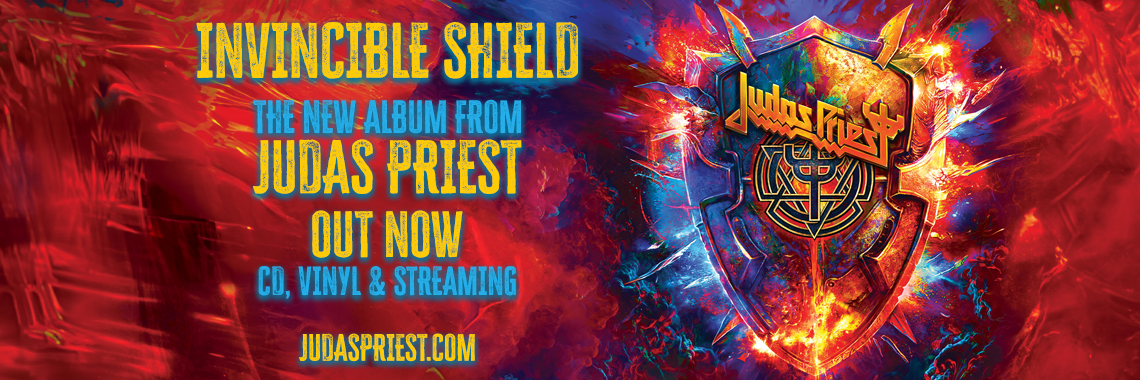
dB HoF NO. 106
Black Metal
Label: Neat
Release date: November 1982
—————————————————–
Black Metal’s induction to the Decibel Hall of Fame was inevitable. There’s simply no getting around its influence. We already inducted Venom’s debut, Welcome to Hell, in the December 2010 issue, but that decision was based largely on the album being one of the forefathers of pretty much the entire pantheon of extreme metal. Not only did Venom transcend the NWOBHM movement that birthed them on WTH, they basically launched multiple metal subgenres—from thrash to death metal to, yep, black metal.
But because the Newcastle trio’s follow-up was named Black Metal, and that term and the musical style it inspired have had a significant bearing on the history of extreme music, it is impossible to overlook the importance of this album. In many ways it is a companion piece to WTH. The production and playing are equally—how to say this kindly?—“uneven,” while the attitude and general savagery of the music and lyrics are over the top, particularly for the time.
It’s likely that the musicians who were most inspired and influenced by this album—European bands like Bathory and Mayhem (both sporting names purportedly Venom-inspired) and Hellhammer—perhaps took these recordings and Venom a little more seriously than the band itself did. Venom were deadly serious about the shock value of their music, image and stage show, but they were hardly practitioners of the dark arts. However, by introducing the concept of blatantly blasphemous and quasi-Satanic lyrics and imagery, they set in motion a scenario (typical of the metal genre as a whole) where bands constantly tried to one-up each other to be more evil, fast or grim. Not surprisingly, this mindset led to some extreme circumstances—church burning, murder, suicide—that painted black metal as the most dangerous and wicked form of music.
The trappings of Black Metal more than the music itself ultimately inspired the first-wave black metal bands who themselves established the musical blueprint for the genre that we know today. These were artists who no doubt liked Venom’s music, but were more interested in the perceived wickedness of the image and lyrics. No one listening to Black Metal in 2013 would connect it to, say, Immortal, but as an album, its influence, nonetheless, is obvious on everything from modern occult rock bands to Slayer to Watain. For this, and the onslaught of gnarly proto-thrash classics like the title track, “Heaven’s on Fire,” “Raise the Dead” and “To Hell and Back,” Black Metal takes its rightful place in the Decibel Hall of Fame.
To read the entire article, purchase this issue from our online store.




